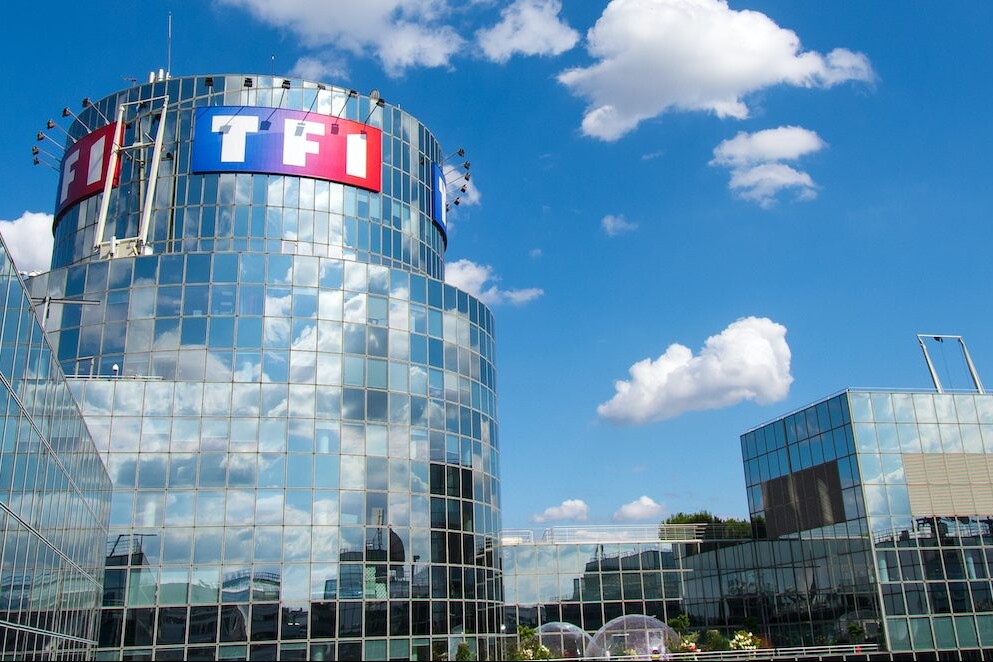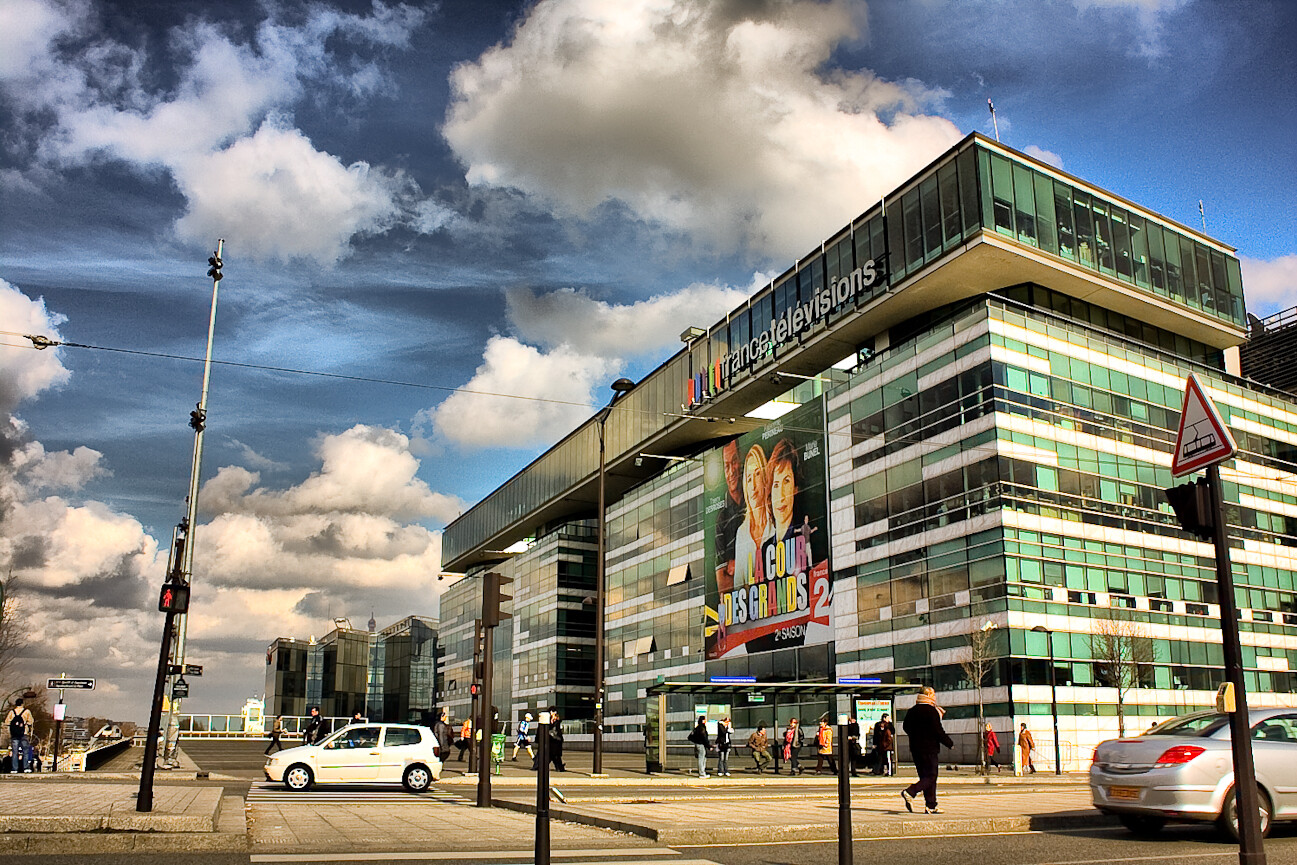Regardless of the outcome, the assessment of media concentration in France reaffirms one thing: strong public service broadcasting will continue to remain relevant and needed, now more than ever.
Some of the most senior figures in French public media have told an inquiry how they need a strong and diverse media landscape. In November, the French Senate began an inquiry into the state of media concentration in the country. The inquiry sought to examine media concentration, the processes behind it, and its impact on democracy in France. Notably, the inquiry also examines whether to approve a possible merger between two of France’s biggest television organisations, TF1 and M6. The move – which would concentrate 70% of advertising revenue from the audio-visual sector – is being progressed with the intention of helping both companies compete with leading streaming services.
Read more: France: Inquiry into media concentration begins
On Monday 24 January, public broadcasting leaders Delphine Ernotte, CEO of France Télévisions; Sibyle Veil, CEO of Radio France; and Bruno Patino of President of Arte, appeared before the commission of inquiry. They were questioned about their economic and political independence, opinion-based media, and the merger between TF1 and M6.
Speaking on the merger, the leaders said the move did not threaten public service broadcasting. Noting that the French television market had the public service (France Télévisions) and a few private groups like TF1 and M6 as its few players, Delphine Ernotte said the existing actors complement each other within the sector.
She said that if TF1 and M6 believed a merger would keep them in good health, then it was important they made such a move. “We need to have healthy private competitors, because if tomorrow we had private offers that were falling apart […] well it’s the whole television market that would fall and us with it. We have to defend the television media in a world where the media offer is much broader than simply television.”
She did, however, emphasise the need to safeguard public media’s sports rights, such as for the Olympics and Paralympics, and advertising. Sports rights remain important for France Télévisions, Delphine Ernotte said, and they ensure viewers have access to free-to-air coverage of nationally relevant content.
From the radio side of public service media, the “main competitors are streaming players” like Spotify, Radio France’s Sibyle le Veil said. The leaders all noted the pressures brought on by streaming platforms and called for the strengthening of the audio-visual sector in response.
Public media’s place
“Information, with us, is not a commodity because we are independent of political and economic power. Because pluralism is at the heart of our offers. Because we have this contract of trust which can be seen in the various investigations” – Delphine Ernotte, CEO of France Télévisions
The testimonies of the French public media bosses before the commission of inquiry reaffirmed the relevant and essential role public service broadcasters play in the French audio-visual sector.
The France Télévisions group (France 2, France 3, France 5, France 4, franceinfo) was the leading French audio-visual group in 2020, with an audience share of 28.8%, 1.3 billion views on its France.tv platform, and a 25% increase in consumption from the previous year. Its programmes were also among the highest rated by audiences. In 2021, its audience share was 28.9%.
Meanwhile, Radio France held a market share of 12.7% in 2021. Just in the period of November-December 2021, the public radio had nearly 7 million daily listeners. France Inter – one of Radio France’s channels – was the top choice for audiences. “Never has a radio station spoken to so many French people and been so unifying,” Sybile Veil said on France Inter’s standings.
Read more: Public Media Worldwide (PMA Resource)
At a time when the “political and general information press is now found in the hands of a small number of men and companies whose main activity is often far removed from the world of information and its principles”, and where outdated legislation may no longer guarantee pluralism across the different media sectors, public media’s commitment to editorial independence and information services are necessary for the sector and democracy. French public broadcasters’ high standings in the market also demonstrate audiences’ value of their services.
At last week’s hearing, Delphine Ernotte said, “Information, with us, is not a commodity because we are independent of political and economic power. Because pluralism is at the heart of our offers. Because we have this contract of trust which can be seen in the various investigations and because we have in the public service an investigation offer which is now unique”.
Similarly, Sibyle Veil said that she had never experienced any attempt at influence within Radio France. “Our independence is real, anchored in the editorial staff, and is manifested by the pluralism of the opinions represented,” she said.
Economically, a non-reliance on advertising has allowed the public broadcasters to instead focus on their information services. When questioned about their approach to opinion-based audio-visual content, the broadcasters maintained that information services will remain their priorities over opinions.
Sibyle Veil said that public media are the “first free access to information, culture and intelligent entertainment” for those living in France. “We would lose a lot of our democracy to have a tweeterisation of the public audiovisual media,” she emphasised.
Bruno Patino of Arte added, “In the model of the attention economy, public opinion costs less and is economically more profitable […] Public services escape this logic because we are not financed by the economy of attention [such as advertising revenues and therefore audiences], but by the community [contribution to public broadcasting].”
The hearings are set to continue until next month, with stakeholders including journalists, media owners, channel managers, and representatives of relevant government departments being called to testify.
Header image: France Télévisions’ building in Paris. Credit: Omarukai/Creative Commons
Related Posts
3rd December 2021
France: Inquiry into media concentration begins
The Senate inquiry comes weeks after…

